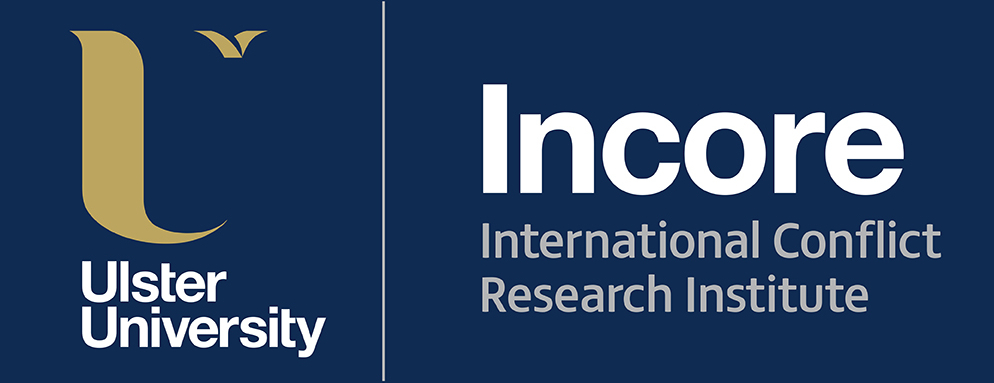There are almost as many reasons why story-telling projects are undertaken as there are organisations and groups engaged in story-telling activities. There are, however, some recurring motivations for carrying out the work and for people to volunteer to give their story. These include: for the story-teller to achieve some therapeutic benefit from telling their story; to allow story-tellers to achieve a measure of control and ownership of their story; to gain public recognition for less well-known stories; to compile stories that complement the historical record; and to influence society so as to make a return to violent conflict less likely.
There are quite a few story-telling initiatives where the stories are told and listened to but not recorded. However, by definition the Accounts of the Conflict archive is mostly concerned with those story-telling projects which produce a recording of the story. The recordings are usually edited and many are published in three main formats – video, audio, and text. For a number of reasons, including financial or time constraints, many projects only publish a relatively small number of DVDs or books containing a sample of the stories from the full collection. Even where there is a desire for the stories to be easily available, access can often be an issue. Few projects have had the longevity or expertise to provide for the long-term preservation of the stories they have collected.
The Accounts of the Conflict project wishes to improve access to the stories that have been recorded and also to help preserve stories for the long term.
One obvious way of improving knowledge of, and access to, recorded stories is to produce a catalogue of the story-telling work that has been undertaken in relation to the conflict in Northern Ireland. This is a key part of the work of the Accounts project. The envisaged catalogue will describe the story-telling collections and provide details of the individual stories. The metadata contained in the catalogue will be compiled from publicly available information. This information will also highlight where the story can be viewed or read and provide links to any on-line versions of the stories. It will still be the case that some physical publications, such as DVDs and books, will be very difficult to track down.
Accounts of the Conflict is also seeking to persuade those who have compiled story-telling collections to consider depositing a digital copy with the Accounts archive. Within the University of Ulster facilities are being put in place, which aim to provide for the long-term preservation of stories, which are deposited with the archive. If stories are to have a long-term impact then they must be available for future generations. Preservation of digital files and their associated metadata will involve a program of active intervention to ensure the materials remain accessible as technology and software change over time. This involves a long-term commitment but those involved in Accounts of the Conflict believe it is a worthwhile undertaking.
- Problems Maintaining Interviewee Anonymity in a Small Region - 21st October 2014
- Defining a ‘Story’ - 11th August 2014
- Preserving & Accessing Stories - 1st May 2014






